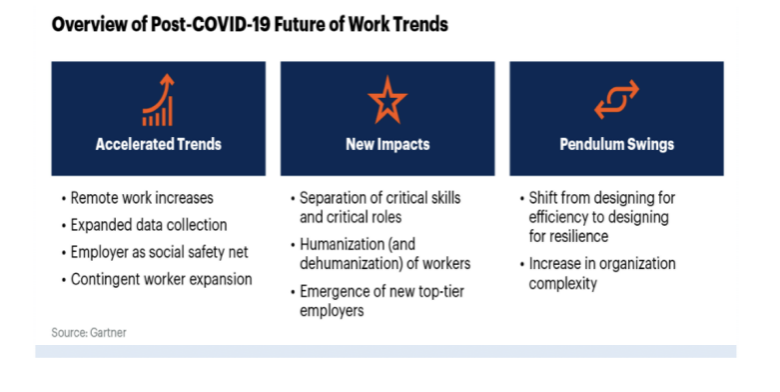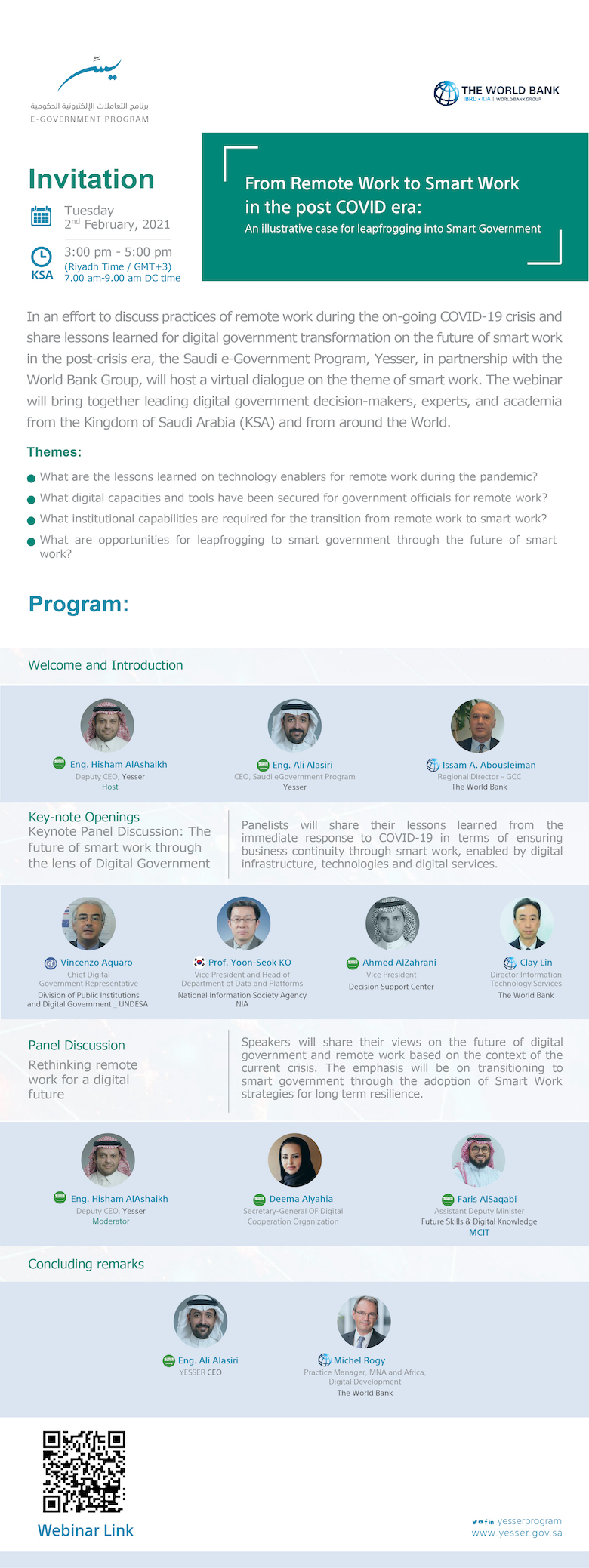During the COVID pandemic, remote work has become the new normal for millions of people around the globe. It has brought new experiences to numerous people at a massive scale. The COVID experience has changed our mindsets on the future of work across all layers of society, from students to workers, from doctors to patients, from citizens to government officials. However, the experiences are mixed, and working remotely has showed both positive and negative sides. For some, working remotely under COVID was a mere dislocation of work, it created complexity for coordination, control, deprived motivation, and destroyed social fabrics. For others it created new opportunities, enhanced creativity, and created more freedom. The former is remote work, the latter is smart work. These two forms of work may share some similarities — both being enabled by technology — but present both different mindsets, institutional challenges and different expectations for goals and performances.
Remote work has ensured some levels of business continuity during COVID enabled by digital infrastructure, technologies and digital services. Digitalized workflows enabled "work" to be physically executed from other locations, typically private homes. Smart work builds on these bases adding the redesign of online digital services and business processes, the rethinking of the KPIs and reward systems, and mostly leaving the freedom to employees to engage in their own job crafting: the redesign of a work realty that matches their situation with the organizational goals.
A recent analysis highlighted the agility and resilience of KSA digital government in ensuring critical digital foundations required for rapidly accommodating COVID-19 lockdown measures. The emphasis was on strengthening the communication and health system, and on providing essential business continuity capabilities. These have ensured high levels of digitally enabled home-based work; reliable e-learning and government e-services for the bulk of the population. Today, it is self-evident to us that digital government strategies to leverage digital technologies to enable paperless, smart online government services is a key part of the "how". Several tools to measure the digital government readiness of KSA are available, including the UN EGDI index.
Research shows that many organizations plan to permanently shift to more remote work after COVID. Gartner has estimated that 30% of workers worldwide had at least a partial entitlement to work at home. In a post COVID-19, this number will grow to 48% of employees globally. The move from remote work to smart work will require numerous changes related to privacy, KPIs, rewards and compensation, space and time flexibility, team unity, equipment, efficiency, digital enablers, digital capabilities, trust and control. It will require the digital leadership to prepare for and rethink organizational and digital strategies to take advantage of smart work and smart workers in service delivery. The table below suggests trends in the post-COVID future of work.


